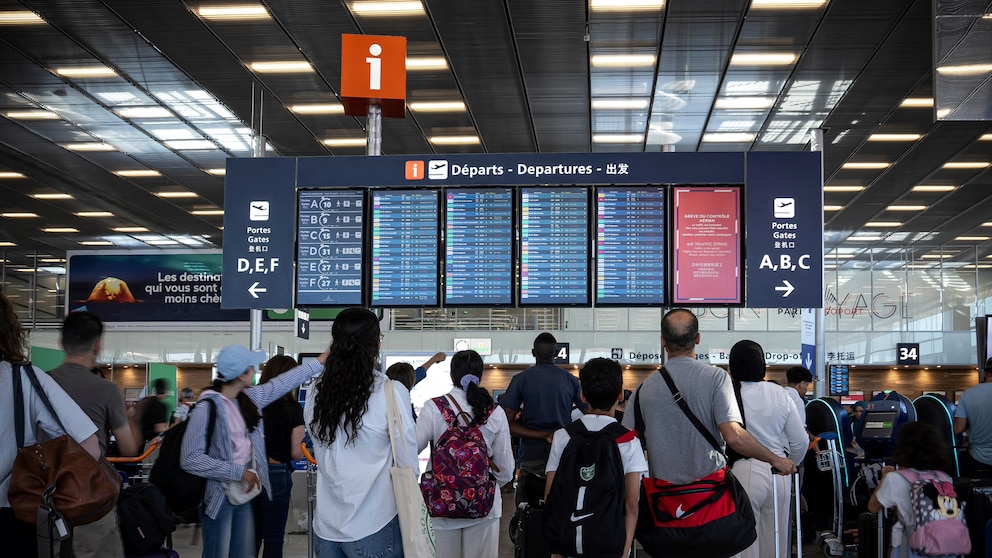Liberia’s Vice President, Jeremiah Kpan Koung, announced that Nigerian investors now own approximately half of Liberia’s commercial banks.
This was disclosed by the Liberia’s Vice President at the 17th Annual Banking & Finance Conference organized by the Chartered Institute of Bankers of Nigeria (CIBN) in Abuja on Tuesday, according to Nairametrics.
Koung commended Nigerian banks for their significant impact on Liberia’s economic landscape.
He highlighted that Nigerian investors have enhanced market competition, increased efficiency, and provided essential credit lines to support private sector growth.
The Liberia’s Vice President said “We welcome and applaud the expansion of Nigerian-owned banks in Liberia. The presence and increase in Nigerian-owned businesses, especially banks, are helping to increase market competition and improve efficiency.
“These banks continue to play major roles in providing jobs and establishing credit lines to support the development of our private sector. Presently, there are four (4) Nigerian-owned banks operating in Liberia out of a total of eight (8) commercial banks. This is a clear sign that Nigerians remain interested in investing in Liberia, and as a government, our doors remain open to you.”
Koung expressed the government’s eagerness to welcome further investment from Nigerian banks, emphasizing their crucial role in job creation and economic development.
He also discussed Liberia’s ambition to integrate into the West African Monetary Zone and ECOWAS, aiming for a single currency regime.
The Liberia’s Vice President explained that the Central Bank of Liberia is developing a new monetary policy framework to align with these regional integration goals.
However, Koung cautioned that realizing this vision will require collective economic responsibility from all member states, particularly in managing debt and stabilizing exchange rates.
Koung said “Currently, the Central Bank of Liberia is working on the monetary policy framework to meet the requirements for the West Africa Monetary Zone. As you may be aware, it is expected that Liberia, Ghana, Gambia, Guinea, Sierra Leone, and Nigeria will work towards the implementation of a single currency regime to achieve economic integration.
“This policy framework will lay the foundation for the realization of a common currency for all ECOWAS member states. However, to achieve this vision, we have a collective responsibility to make sound economic decisions to reduce our debts and stabilize our exchange rates.”
He highlighted the critical need for investment banks in Liberia, pointing out that the country’s sole development bank, the Liberia Bank for Development and Investment (LBDI), lacks sufficient capital to support its ambitious economic transformation agenda.
Consequently, Liberia has depended on multilateral development institutions like the African Development Bank and the World Bank for financing large-scale projects.
Koung urged for increased investment in Liberia’s banking sector to fill this capital gap.
In his closing remarks at the he expressed hope that the conference would lead to new policy directions benefiting both Nigeria and Liberia’s banking sectors.
He underscored the potential for enhanced collaboration between the two nations, especially in trade, investment, and financial services.
However, a review of the Central Bank of Liberia’s website reveals that there are nine commercial banks operating in Liberia.
Among these, four are linked to Nigerian interests: Ecobank Liberia Limited (EBLL), United Bank for Africa Liberia Limited (UBALL), Access Bank Liberia, and Guaranty Trust Bank Liberia (GTBL).











